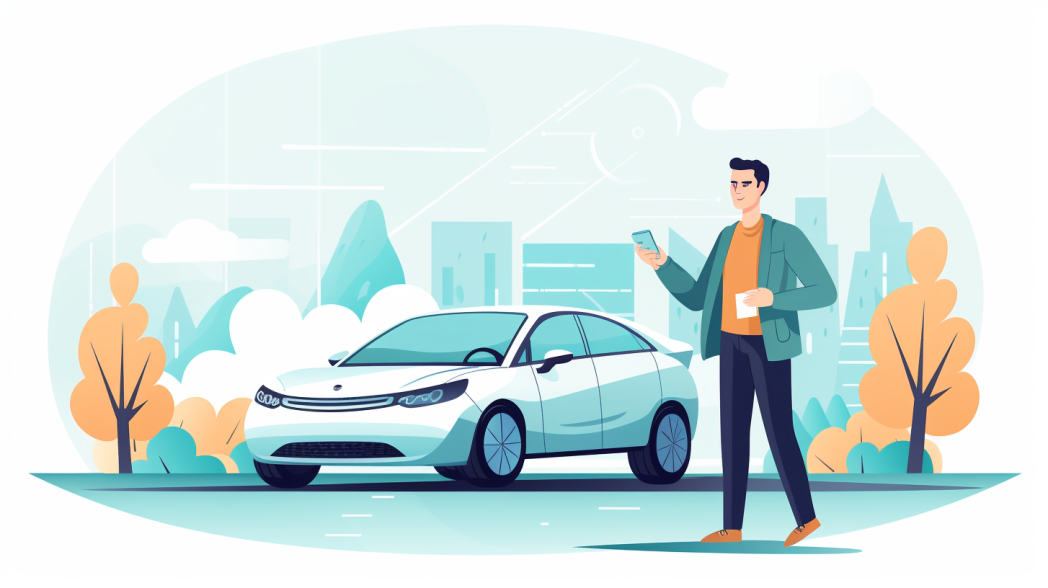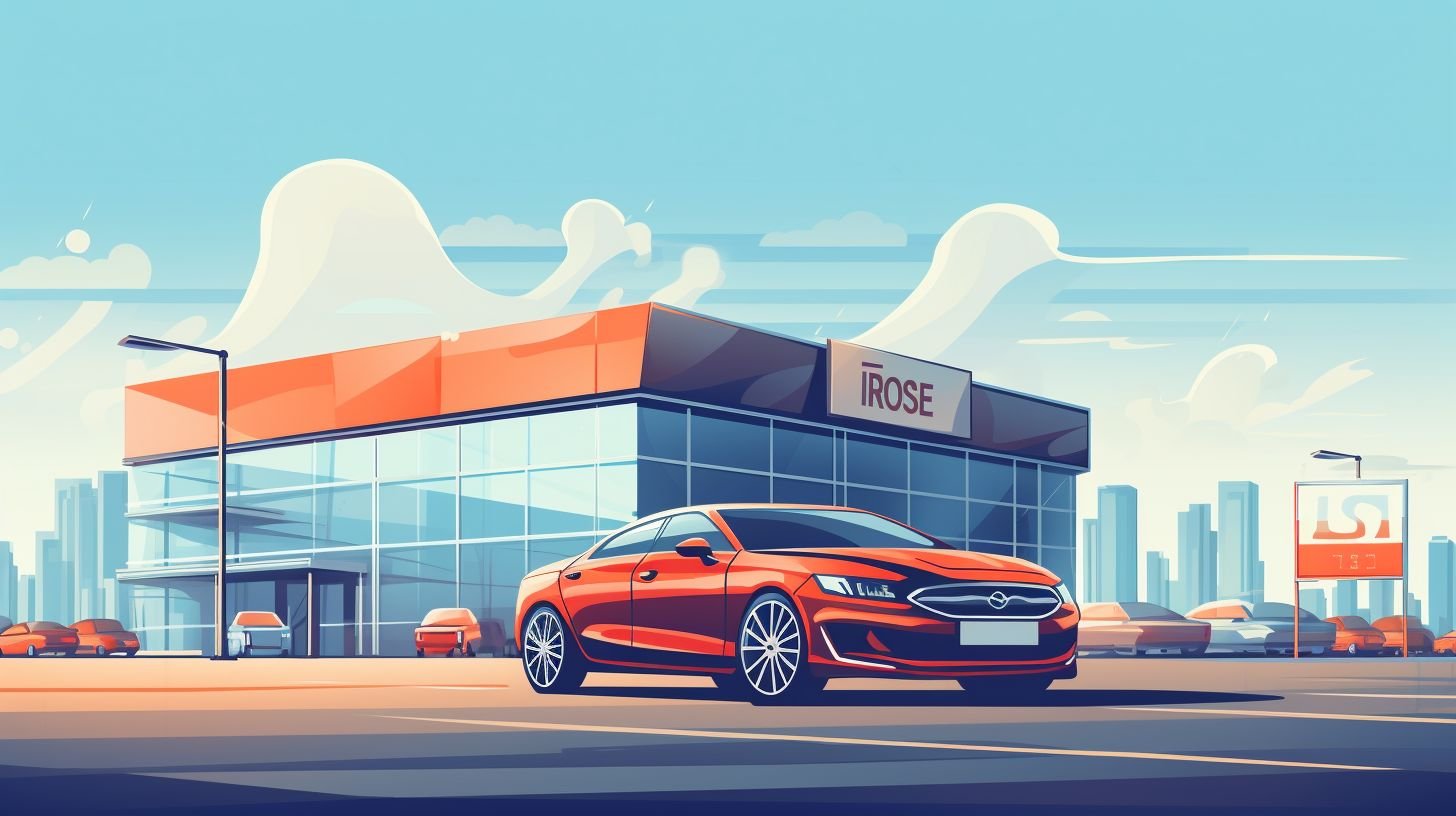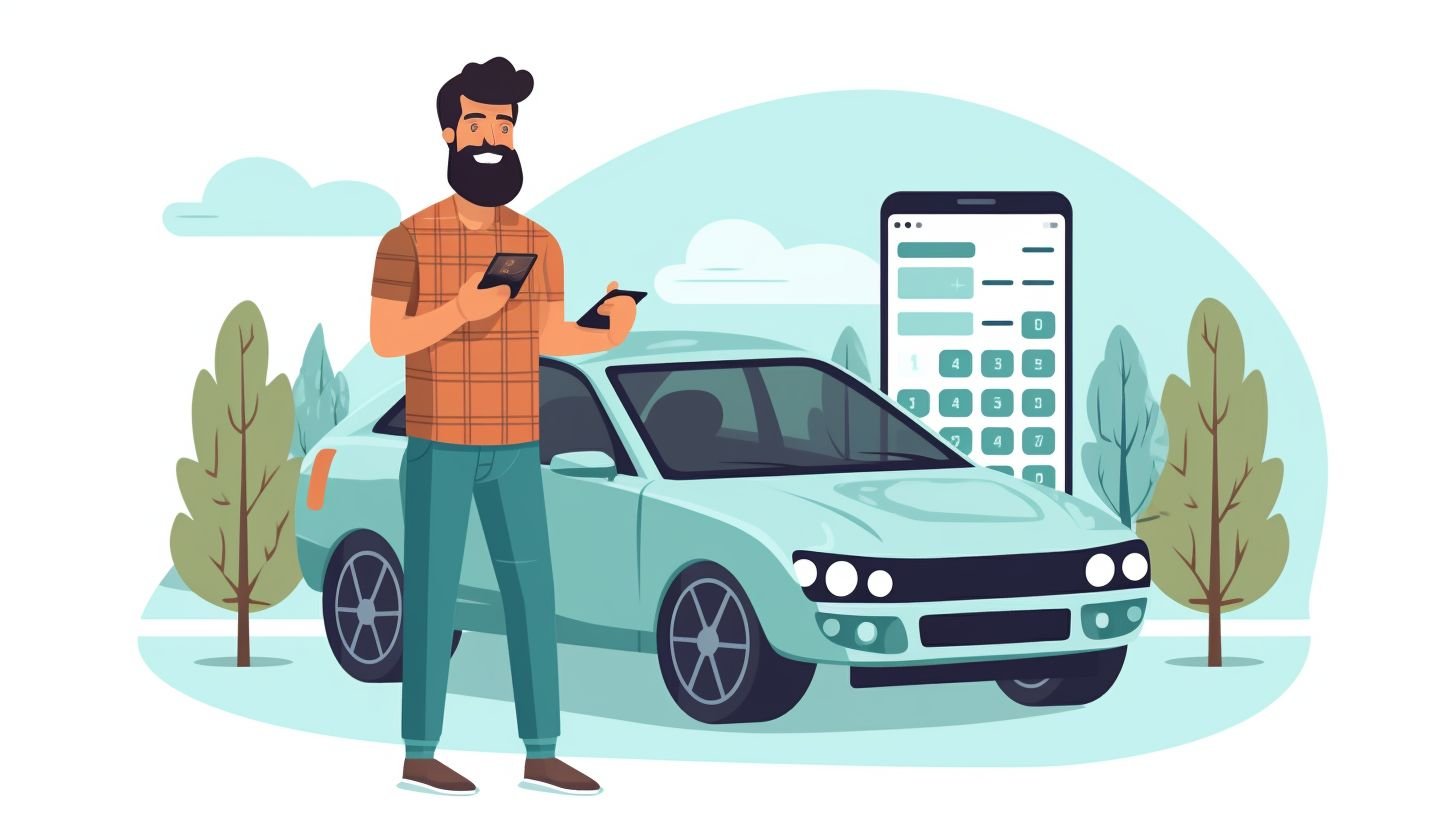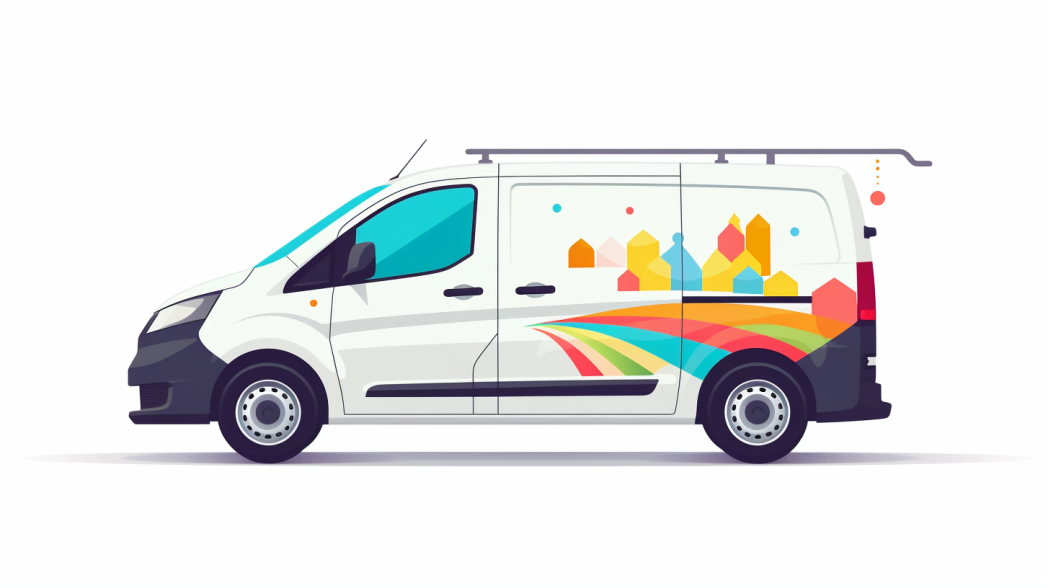Budgeting for a Car: New vs Used

Embarking on the journey to car ownership can feel like a daunting quest, especially when it comes to deciding between opting for a new or used set of wheels. I understand this all too well and given that in 2021, the average price tag on a brand-new vehicle was over $40,000, being mindful and strategic about your budget is more crucial than ever.
This article aims to be your trusty roadmap – highlighting the advantages and drawbacks of buying both new and pre-owned cars while guiding you on how best to manage your finances for either choice.
And rest assured, by the time we reach our destination, you’ll have garnered enough insights to confidently steer your decision-making process!
Key Takeaways
- New cars have the latest features and advanced technology but come with a higher price tag and faster depreciation.
- Used cars are more affordable and may have certified pre-owned offers, but they might have outdated features and potential maintenance costs.
- Consider factors like car loans, interest rates, down payments, insurance costs, and ongoing expenses when budgeting for a car.
Understanding the New Vs. Used Car Debate
I am in the middle of a big choice. Should I buy a new car or a used one? Each option has good and bad sides. New cars are more pricey than used cars, but they tend to have fewer problems.
If there is an issue, the factory warranty often covers the repair costs. On the other hand, used cars are cheaper. This might be easier on my budget.
Yet, buying a used car can make me miss out on all the new safety
features and technology that come with brand-new vehicles. Because of fast changes in automotive technology even a year-old car can lack features like voice commands or driver assistance which are standard now in most new cars.
This debate is not simple! The answer depends on what matters most to me – cost savings or having access to cutting-edge car features.
Advantages of Buying a New Car

Buying a new car offers several advantages, including the latest features, eligibility for financing offers, a better warranty, and the option for customization.
Latest Features
New cars have the best new stuff. They are loaded with advanced safety gear and fun tech toys. Things like alerts for potential problems on the road can even stop your car to keep you safe.
There’s also a lot of cool computer tech in these cars! You get an amazing drive every time.
Plus, you get to pick how it looks and what goes inside! You choose the color, the seats, and all those great tech features. And because it’s new, this car will be better at saving fuel and keeping you safe on the road.
It follows all the newest rules about being eco-friendly and protecting people in crashes.
Eligibility for Financing Offers
Buying a new car can unlock some cool perks. One of these is getting better deals on loans. Dealerships often give special discounts and financing offers to those who buy new cars.
This means you might pay less in the long run if you choose to finance your vehicle through them. It’s like a bonus for choosing their brand-new car over others on the lot! Just be sure to read all the terms before signing up, so there are no surprises later.
Better Warranty
New cars come with a better warranty. This warranty helps to cover the cost of any common repairs your car might need. You may not have to worry about these costs for many years. Some new cars also have free roadside help included in their warranties.
Having this kind of support can bring peace of mind when you’re out on the road, especially on long trips or late-night drives.
Option for Customization
Buying a new car comes with the exciting opportunity for customization. You can personalize your vehicle to match your preferences and style. With options like choosing the color, upholstery, and technological features, you can create a car that is unique to you.
Whether it’s upgrading to a premium sound system or adding advanced driver assistance features, the option for customization allows you to make your car exactly how you want it. It’s an excellent way to stand out from others on the road and showcase your individuality.
So, when buying a new car, take advantage of the option for customization and create a vehicle that reflects your personality and needs.
Disadvantages of Buying a New Car

New cars often come with a higher cost compared to used cars and experience faster depreciation, making them less financially advantageous in the long run.
Higher Cost
New cars have a higher cost compared to used cars. This is because new car prices include the latest features and advanced automotive technology, which can drive up the overall price.
Additionally, buying a new car often means being eligible for financing offers and discounts from dealerships. However, it’s important to note that these advantages come with a higher price tag.
It’s essential to consider your budget and financial situation before deciding whether a new car is worth the higher cost.
Faster Depreciation
New cars depreciate faster than used cars. On average, a new car can lose up to 20% of its value in the first year alone. This means that if you buy a new car for $30,000, it could be worth only $24,000 after just one year.
The rate of depreciation slows down after the first few years, but buying a new car means that you will bear the brunt of this initial loss in value. It’s important to consider this when budgeting for a car and deciding between buying new or used.
Pros of Buying a Used Car

Buying a used car has several advantages, including lower price and the potential for certified pre-owned offers.
Lower Price
Used cars are a great option for budget-conscious buyers because they usually have a lower price compared to new cars. When you buy a used car, you can save money upfront and still get a vehicle that meets your needs.
The depreciation of new cars is often the biggest factor in their higher price tags, so by opting for a used car, you can avoid this steep initial drop in value. Plus, used cars also tend to have lower insurance premiums since their value is already lower than that of new cars.
So if saving money is important to you when budgeting for a car, considering a used vehicle could be the way to go.
Potential for Certified Pre-Owned Offers
Dealerships sometimes have special offers on certified pre-owned (CPO) vehicles. These are used cars that have been fixed up and checked over carefully. They often come with extra warranties to give buyers more confidence.
CPO vehicles provide peace of mind because they’ve gone through thorough inspections to make sure they’re in good shape. So, if you’re thinking about buying a used car, keep an eye out for these certified pre-owned offers at the dealership!
Cons of Buying a Used Car
Used cars may come with outdated features and potentially higher maintenance costs.
Outdated Features
Used cars may have outdated features compared to new cars. This is because technology advances quickly, and newer models often come equipped with the latest automotive technology. Features like driver assistance systems, voice commands, and advanced infotainment systems may not be available or might be less advanced in used cars.
Additionally, older vehicles may lack the updated safety features found in newer models. It’s important to consider these factors when deciding between a new or used car, as having access to up-to-date features can enhance your driving experience and provide added convenience and safety on the road.
Potential for Higher Maintenance Costs
Used cars may have higher maintenance costs compared to new cars. This means that you might need to spend more money on repairs when you buy a used car. Unlike new cars that come with manufacturer warranties, used cars do not always have this protection.
As a result, any repairs or maintenance needed for a used car will have to be paid out of your own pocket. It’s important to consider this potential expense when budgeting for a car and factor it into your decision-making process.
Tips for Budgeting for a Car

When budgeting for a car, it’s important to consider various factors such as understanding car loans and interest rates, evaluating the cost of ownership, and considering down payments.
Understanding Car Loans and Interest Rates
When financing the purchase of a car, it’s important to understand how car loans and interest rates work. A car loan is a type of loan specifically designed for buying a vehicle. It allows you to borrow money from an auto lender to pay for the car, which you then repay over time with interest added.
The interest rate is the percentage of the loan amount that you will pay as extra money on top of your monthly payments.
Car loans typically have fixed or variable interest rates. Fixed rates stay the same throughout the loan term, while variable rates can change based on market conditions. It’s essential to choose an interest rate that fits your budget and financial goals.
When considering a car loan, keep in mind factors like credit score, down payment amount, and loan term length. Your credit score plays a big role in determining your eligibility for favorable interest rates.
A higher credit score usually means lower interest rates.
Considering Down Payments
When buying a car, it’s important to consider the down payment. New cars usually require a larger down payment compared to used cars. This is because lenders want you to have some equity in the vehicle right from the start.
However, some dealerships may offer special deals or incentives to lower the down payment on new cars. On the other hand, the down payment for a used car is typically lower than that of a new car.
Regardless of whether you choose a new or used car, making a larger down payment can help reduce your monthly payments and overall financing costs. It’s worth noting that the size of your down payment can also affect the interest rate and loan terms offered by lenders.
Evaluating Cost of Ownership
To make an informed decision about budgeting for a car, it’s important to evaluate the cost of ownership. This means considering not only the initial purchase price but also ongoing expenses like insurance, maintenance, and fuel costs.
New cars often have higher insurance premiums due to their value and financing requirements may result in higher interest rates. On the other hand, used cars generally have lower insurance costs and may require more frequent maintenance.
Additionally, it’s helpful to research specific models to determine their depreciation rates and potential resale value down the line. By carefully evaluating these factors, you can better gauge the long-term affordability of your chosen vehicle.
Conclusion

In conclusion, when budgeting for a car, it’s important to consider the pros and cons of buying new or used. New cars offer the latest features, financing options, and better warranties.
However, they come with a higher price tag and faster depreciation. On the other hand, used cars are more affordable and may have certified pre-owned offers. But they might have outdated features and potential maintenance costs.
Ultimately, you should choose what fits your budget and needs best.






